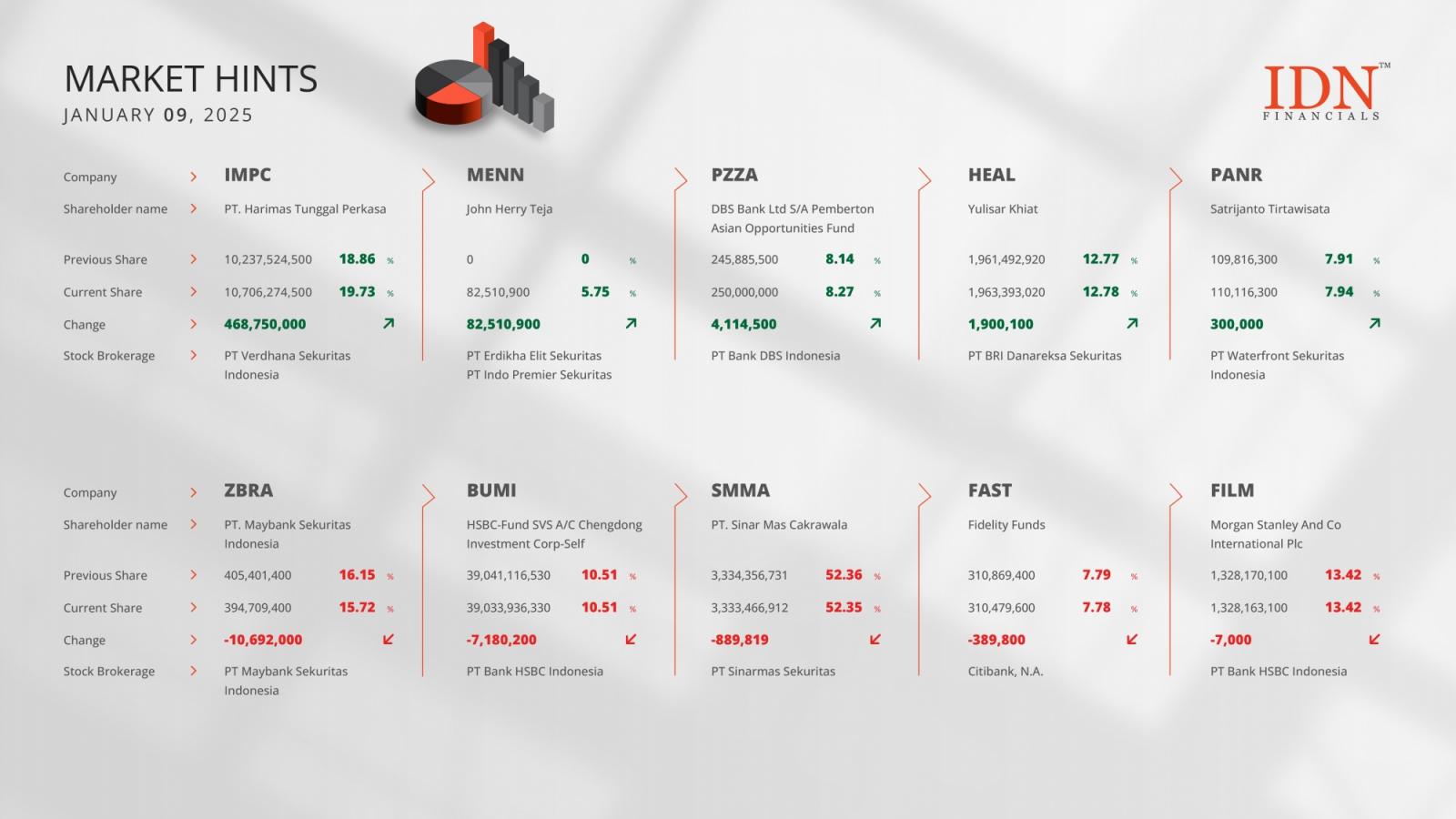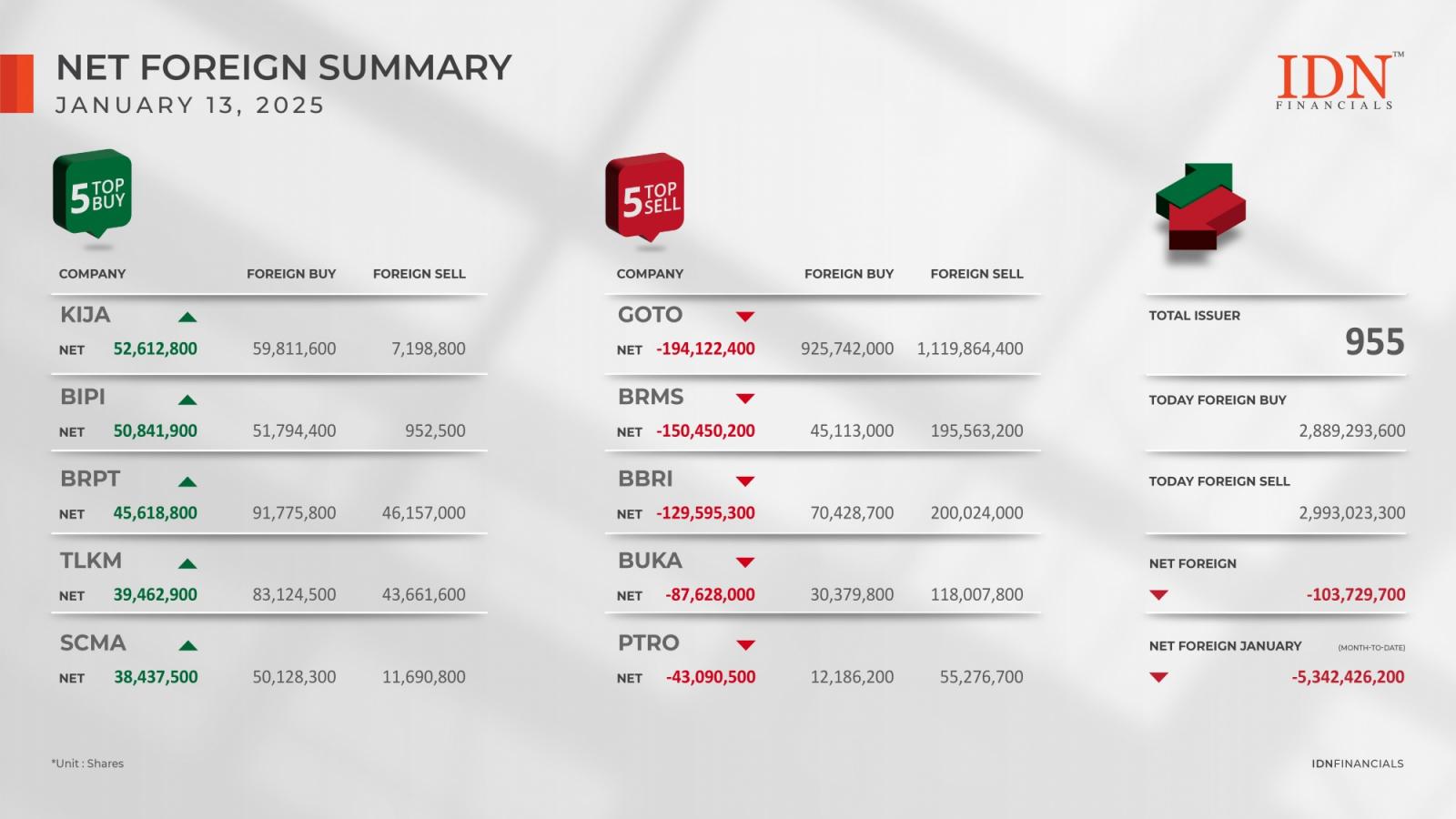
Consumer sentiment in Germany is set to rebound in November to its highest level in over two-and-a-half-years as both income expectations and the willingness to buy showed back-to-back improvements though economic expectations continued to weaken, the closely watched survey showed on Tuesday.
The forward-looking consumer sentiment index rose to -18.3 in November from a revised value of -21.0 in October, the survey published jointly by the market research group GfK and the Nuremberg Institute for Market Decisions (NIM) revealed.
Although the sentiment improved for the second straight month and also hit the highest since April 2022, the level of consumer climate still remained low, the GfK said.
The overall weak level of consumer climate caused by crises, wars, and rising prices is still very much present and is preventing factors that encourage consumption, Rolf Bürkl, consumer expert at NIM, said.
Reports of a rising number of company insolvencies and plans to cut jobs or relocate production abroad are also preventing a more significant recovery in consumer sentiment, said Bürkl.
German households were once again somewhat more pessimistic about overall economic development for the coming year.
Economic expectations weakened for the third month in a row in October. The corresponding index posted 0.2 compared to 0.7 in September. This was the lowest score since March 2024.
The government forecast the largest euro area economy to contract 0.2 percent this year. Last week, the International Monetary Fund projected the economy to stagnate this year and expand 0.8 percent in 2025.
Destatis is slated to publish the first estimate for the third quarter GDP on October 30.
Consumers were more optimistic about their own future financial situation for the second straight month. The income expectations index rose by 3.6 points to 13.7 points.
The survey showed that easing inflation as well as rising pay growth helped real income to increase significantly.
Further, rising income expectations underpinned an improvement in willingness to buy. The index regarding willingness to buy improved by 2.2 points and stood at -4.7, which was the highest level in more than two and a half years.
Although the willingness to buy is currently showing a slight upward trend, the level is still very low. However, negative circumstances may arise in the coming months with the increase in unemployment and company insolvencies.
The willingness to save fell moderately to 7.2 in October from 12.0 a month ago. The latest survey was conducted between October 4 and 15.





